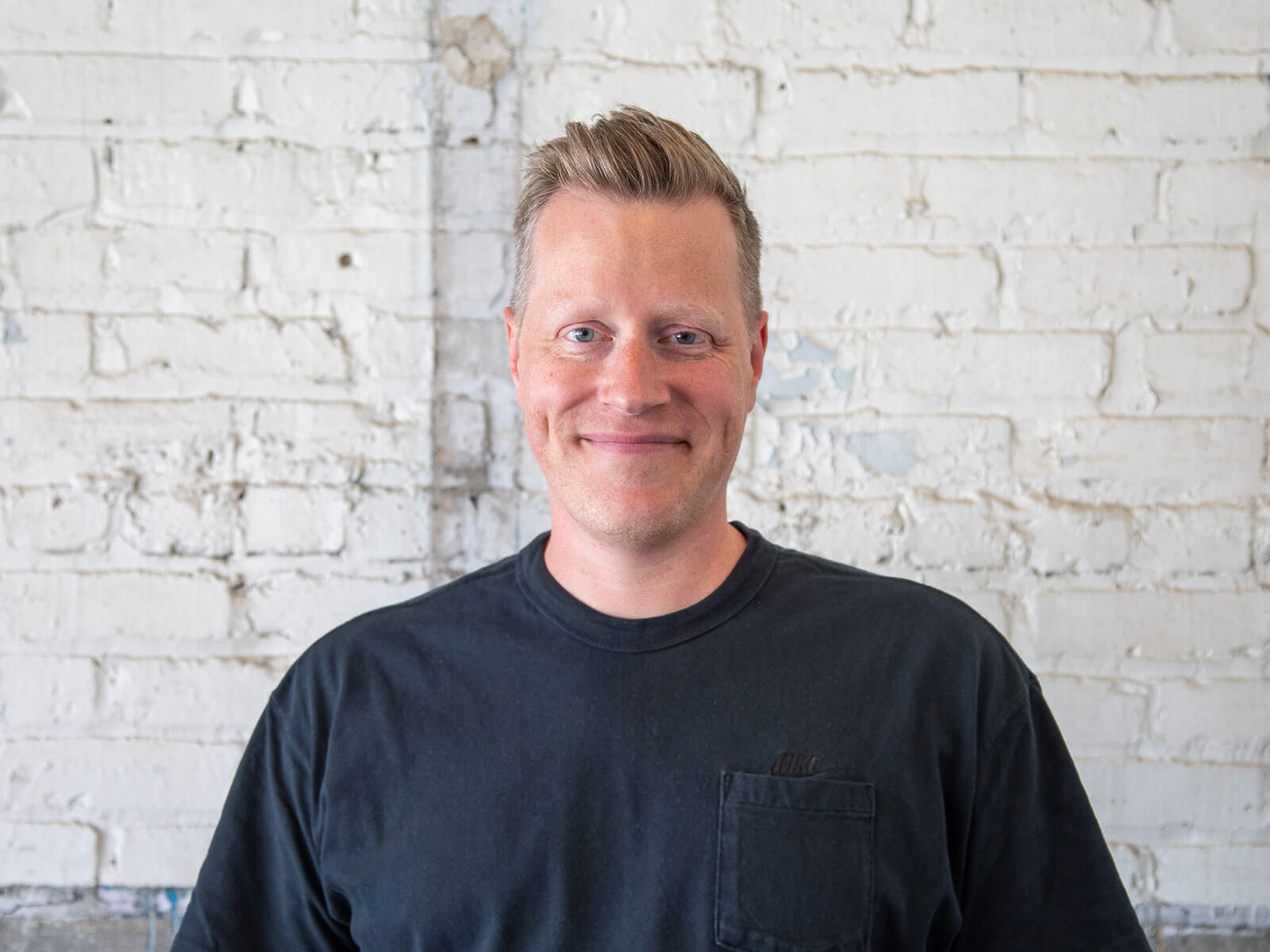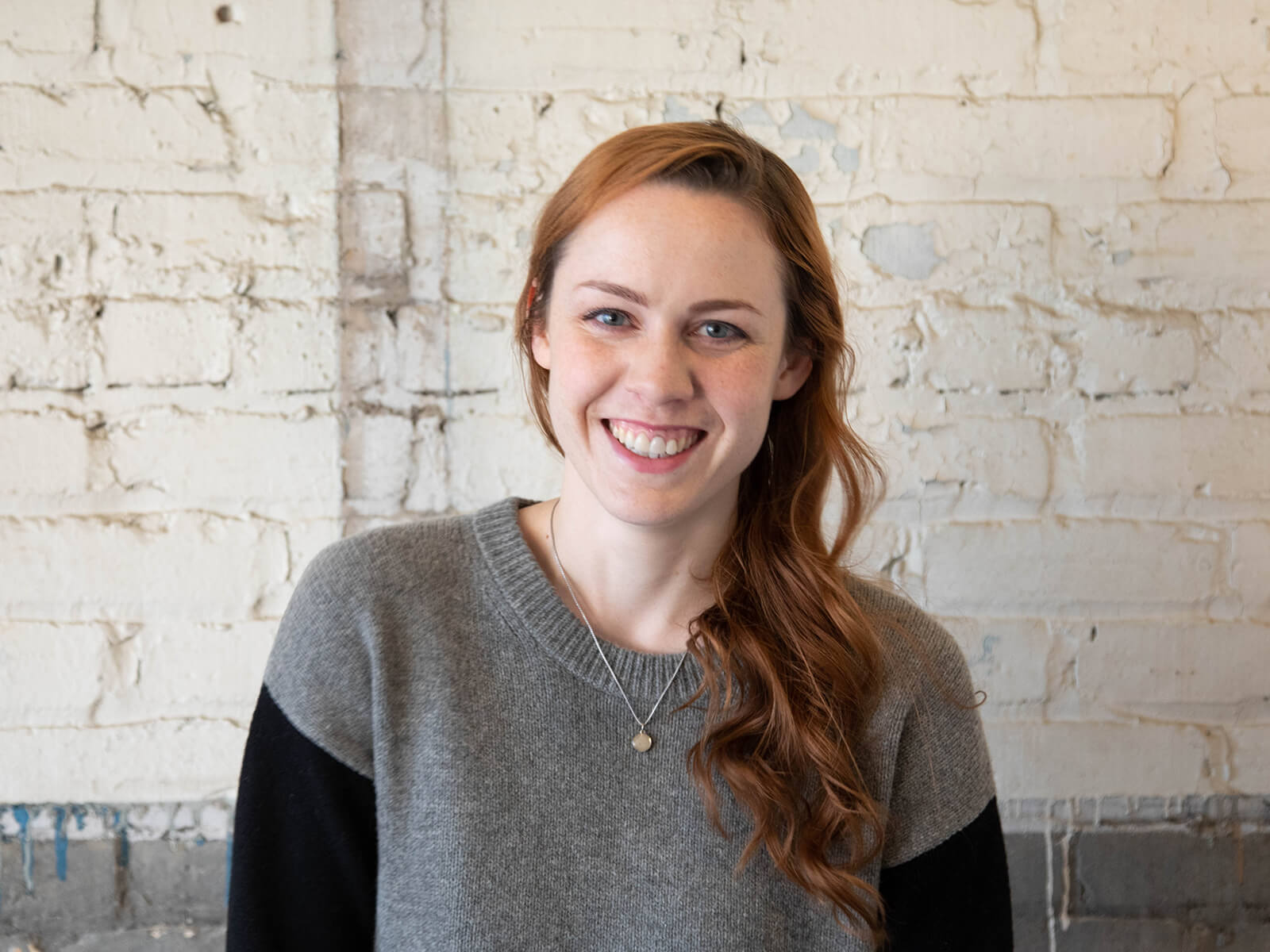
Under pressure to diversify, companies are investing money and mentorship in HBCUs
As it did in workplaces worldwide, the police killing of George Floyd — just a few miles from its offices in Minneapolis — led to deep introspection about diversity and fairness at the Solve advertising agency.
The company was more than 80 percent White and part of an industry in which Black and Hispanic employees are greatly underrepresented in comparison with their proportions of the general population.
“It obviously pushed the entire industry to reflect, ‘Are we doing enough?’ ” said Andrew Pautz, a partner in the firm and its director of business development. “And the answer was really no.”
To respond, Solve looked 1,100 miles away, to Baltimore. That’s where it found a historically Black university, or HBCU — Morgan State University — willing to team up to create an entry-level course that would introduce its students to careers in advertising.
“Advertising isn’t on the radar of diverse candidates when it really counts, when they’re trying to find a career to engage in,” Pautz said. So he and his colleagues asked: “Where is there a high concentration of diverse students? And that’s what brought us to HBCUs.”
It’s not only Solve that has come to this conclusion. So have some of the nation’s largest employers, which are descending on HBCUs to recruit the workers they need to meet diversity promises or are expanding collaborations that already existed — often underwriting courses and programs and the technology needed to provide them.
These employers include Google, IBM, Northrop Grumman, Novartis, NBCUniversal, the airlines United, Delta and Southwest, and even the NFL, which teamed up last month with four historically Black medical schools to boost the number of Black team physicians and medical professionals.
“At many HBCUs, the phones have been ringing off the hook,” said David Marshall, a Morgan State professor and the chair of the university’s Department of Strategic Communication. “Given that these institutions are producing some of the highest numbers in terms of Black and Brown students in some professions, it’s a natural development to come to where the students are.”
About 1 in 11 Black college students are enrolled in the nation’s 101 HBCUs, which produce more than a quarter of Black graduates with degrees in math, biology and the physical sciences, the National Science Foundation reports, as well as 50 percent of Black lawyers, 40 percent of Black engineers and 12.5 percent of Black CEOs, according to the Thurgood Marshall College Fund.
“People who have attended HBCUs, we know the value,” said Cheyenne Boyce, a graduate of historically Black Spelman College and senior manager in the Education Partner Program at the software developer and marketing company HubSpot, which also teams up with HBCUs to find interns and employees. “We’ve always known that. But it does help to have additional external validation.”
No one tracks how many companies are collaborating with HBCUs to find workers. But many such affiliations have been announced over the past two years. There’s been “a significant uptick,” said Marshall, at Morgan State.
“It’s been deeper over the last couple of years,” said Lydia Logan, the vice president for global education and workforce development and corporate social responsibility at IBM. Added Yeneneh Ketema, the university relations diversity program leader at Northrop Grumman: “From what we’ve heard from our campus contacts, yes, there are a lot more companies coming there.”
This expanding pipeline to jobs with top employers could attract more students to HBCUs, whose enrollment overall declined by 14 percent in the 10 years ending in 2020, according to the Education Department — although about a third of the schools have seen a record rebound in response to racist incidents at predominantly White institutions, the Rutgers Center for Minority Serving Institutions reports.
“Having companies really be willing to make investments, it benefits the students. It’s great for the parents. It’s great for the universities,” Boyce said.
For HBCU students who are lower-income or the first in their families to go to college, closer relationships with corporate recruiters and mentors also could help offset the advantage long enjoyed by wealthier counterparts who can network their way to jobs.
“What’s exciting to see coming out of the HBCUs right now are these opportunities to build real relationships,” said Jeffrey Moss, the founder and CEO of Parker Dewey, which helps employers and colleges arrange short-term internships.
That’s because many employers are investing more than an occasional campus recruiting visit. They’re showering HBCUs with technology and other support, mentors and money to help develop talent.
IBM announced in May that it would underwrite new cybersecurity centers at six HBCUs: Morgan State, Xavier, North Carolina A&T State, South Carolina State, Clark Atlanta and Louisiana’s Southern University System.
In addition to supplying academic content, the company will furnish experts to conduct guest lectures and even simulated hacking events.
“This is our next new big thing with HBCUs,” said Logan, at IBM, which already had a program to recruit students from historically Black schools.
“We’ve had a long commitment to diversity. For other companies, it’s newer. For everyone, it’s gotten deeper over the last couple of years,” Logan said.
There’s now not only a social imperative for these companies, but there also is an economic one: a huge demand for workers — not just in cybersecurity, but also in other fields that require education in science, technology, engineering and math.
“We have a talent shortage,” Logan said. And “if you’re looking for diverse talent in STEM, it’s a natural fit to recruit from HBCUs.”
The Grow with Google HBCU Career Readiness Program provides digital education and funding to help expand the pipeline of Black tech workers, who represent only 4.4 percent of Google employees in the United States, even though 13.4 percent of the U.S. population is Black. Last year — facing criticism, including from one of its former diversity recruiters, that it previously didn’t seriously consider Black engineers from HBCUs for jobs — the company’s CEO met with the presidents of five HBCUs. Google has now added a program called Pathways to Tech to provide those universities with technology resources.
To recruit airline pilots — fewer than 4 percent of whom are Black even as the Bureau of Labor Statistics says 14,500 openings will need to be filled each year through at least the end of this decade — United Airlines has teamed up with historically Black Delaware State University, Elizabeth City State University in North Carolina and Hampton University in Virginia. Delta has formed a partnership with Hampton, too, and Southwest with Texas Southern University in Houston.
The NFL announced last month that it would offer month-long clinical rotations to students from the historically Black Howard University College of Medicine, Morehouse School of Medicine, Meharry Medical College and Charles Drew University of Medicine and Science as a way to increase diversity among NFL physicians, only 5 percent of whom are Black.
“It’s really important for us to have that pipeline” from HBCUs, said Ketema, at Northrop Grumman, which also has collaborations with HBCUs and this fall will hold its fourth annual “HBCU Invitational,” during which it invites students to interview for jobs and participate in workshops and other activities.
It’s important that employers give more than lip service to these partnerships, Ketema’s colleague, said Chris Carlson, Northrop’s director of university recruiting.
“One thing that we all know from working with HBCUs is the students can truly tell if a company is there to check a box — just showing up at a career fair to collect résumés — or if the company is in it with a school,” Carlson said.
Marshall agreed that the onus is on employers to live up to their diversity goals.
“This is not a story about HBCUs,” he said. “It’s about companies and corporations that are under increased pressure from their stakeholders, their shareholders, their customers saying, ‘You can no longer sit on the sidelines. You’ve got to do something.’
“I don’t think the burden is on the HBCU side. I think the burden is on the corporations that suddenly woke up and found Jesus.”
In the meantime, HBCUs are indisputably enjoying a surge of employer interest.
“It’s great for HBCUs to get this attention,” said IBM’s Logan. “For a long time, I think they were overlooked, and now they’re getting the recognition they’ve always deserved.”
This story about historically Black colleges and universities was produced by The Hechinger Report, a nonprofit, independent news organization focused on inequality and innovation in education.
Follow Solve:





